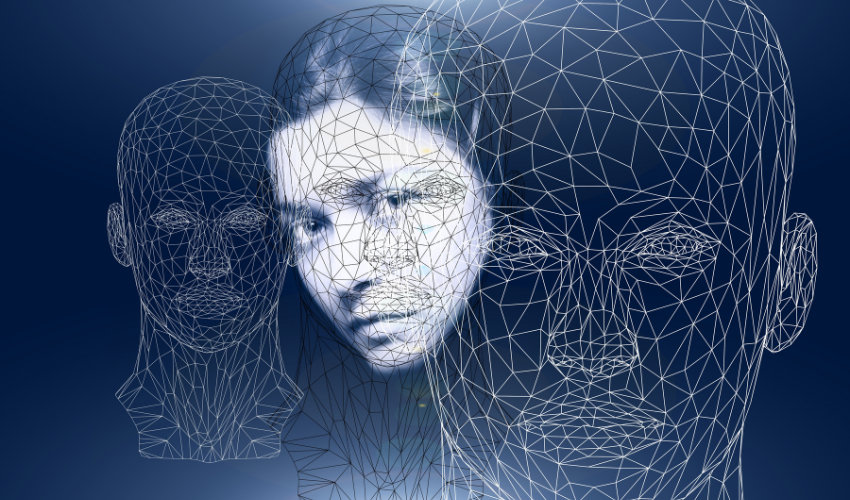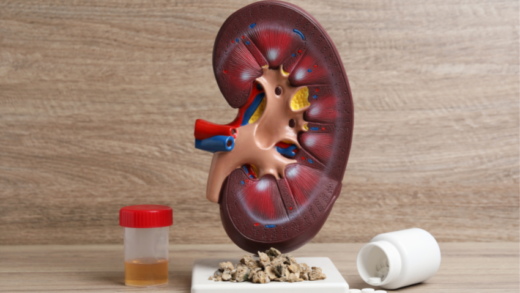Self-awareness is a term that is often used in psychology, but what does it really mean? Simply put, self-awareness is the ability to recognize and understand our own thoughts, emotions, and behaviors. It is a crucial aspect of our personal growth and development, and it plays a key role in shaping our relationships and interactions with others. In this article, we will delve deeper into the concept of self-awareness and explore how it can impact our lives positively.
Understanding the Basics of What Is Self-Awareness
Self-awareness is often described as having two components: internal self-awareness and external self-awareness. Internal self-awareness refers to our awareness of our own thoughts, emotions, and internal experiences, while external self-awareness refers to our awareness of how we present ourselves to others and how we are perceived by others.
It is important to note that self-awareness is a continuous process, and it requires effort and dedication to maintain and improve. This can include regular introspection, seeking feedback from others, and practicing mindfulness. The more you understand yourself, the better you can understand others and the world around you.

The Importance of Self-Awareness in Personal Growth and Development
Self-awareness is a critical aspect of personal growth and development. It allows us to understand our own strengths and weaknesses, and it helps us to identify areas for improvement. With a better understanding of ourselves, we are better equipped to make changes that will bring us closer to our goals and aspirations. Additionally, self-awareness allows us to understand how our thoughts and behaviors impact others. This is crucial in developing healthy and meaningful relationships.
How to Cultivate Self-Awareness
Cultivating selfawareness takes time and effort, but it is well worth it. Here are some tips to help you get started:
- Practice mindfulness: Mindfulness is the practice of being present and fully engaged in the moment. It helps us to be more self-aware by allowing us to tune into our thoughts and emotions. It also helps us to understand how our actions impact others.
- Journaling: Writing down your thoughts and feelings can help you to gain a better understanding of yourself. You can use journaling to reflect on your experiences, to process your emotions, and to set goals for personal growth and development.
- Seek feedback: Ask others for feedback on your behavior and interactions. This can help you to see yourself from a different perspective. It can also give you valuable insights into how others perceive you.
- Engage in self-reflection: Take time to reflect on your thoughts and behaviors. Ask yourself questions such as “Why did I react this way?” or “What can I learn from this experience?”. This can help you to gain a deeper understanding of yourself and to identify patterns in your behavior.
Frequently Asked Questions
Is self awareness only about understanding your own thoughts and emotions?
While self-awareness is largely about understanding your own thoughts and emotions, it also encompasses an awareness of how you present yourself to others and how you are perceived by others.
Is self-awareness only important for personal growth and development?
While self-awareness is certainly important for personal growth and development, it is also crucial for building healthy and meaningful relationships. By understanding our own thoughts, emotions, and behaviors, we are better equipped to understand the perspectives and needs of others.
Can you be too self-aware?
It is possible to be overly self-critical or to become so focused on self-awareness that it interferes with your daily activities and relationships. However, this is typically a sign of poor self-awareness rather than too much self-awareness. Striving for a healthy level of self-awareness is important for personal growth and well-being.
Is self awareness only for adults?
No, self-awareness is a skill that can be cultivated at any age. In fact, teaching children and young people about self-awareness and its importance can help them to develop healthy habits and positive relationships early on in life.
Can self awareness be developed later in life?
Yes, it is never too late to develop self-awareness. No matter your age, you can start cultivating self-awareness at any point in your life and reap the benefits of this important skill.
Conclusion:
Self awareness is a crucial aspect of personal growth and development. It allows us to understand our own thoughts, emotions, and behaviors, and it helps us to build healthy and meaningful relationships with others. Whether you are just starting out on your self-awareness journey or you are looking to deepen your existing self-awareness, the tips and practices outlined in this article can help you to reach your goals. So, don’t wait, start exploring What Is Self-Awareness and take the first step towards a more fulfilling life today.






















